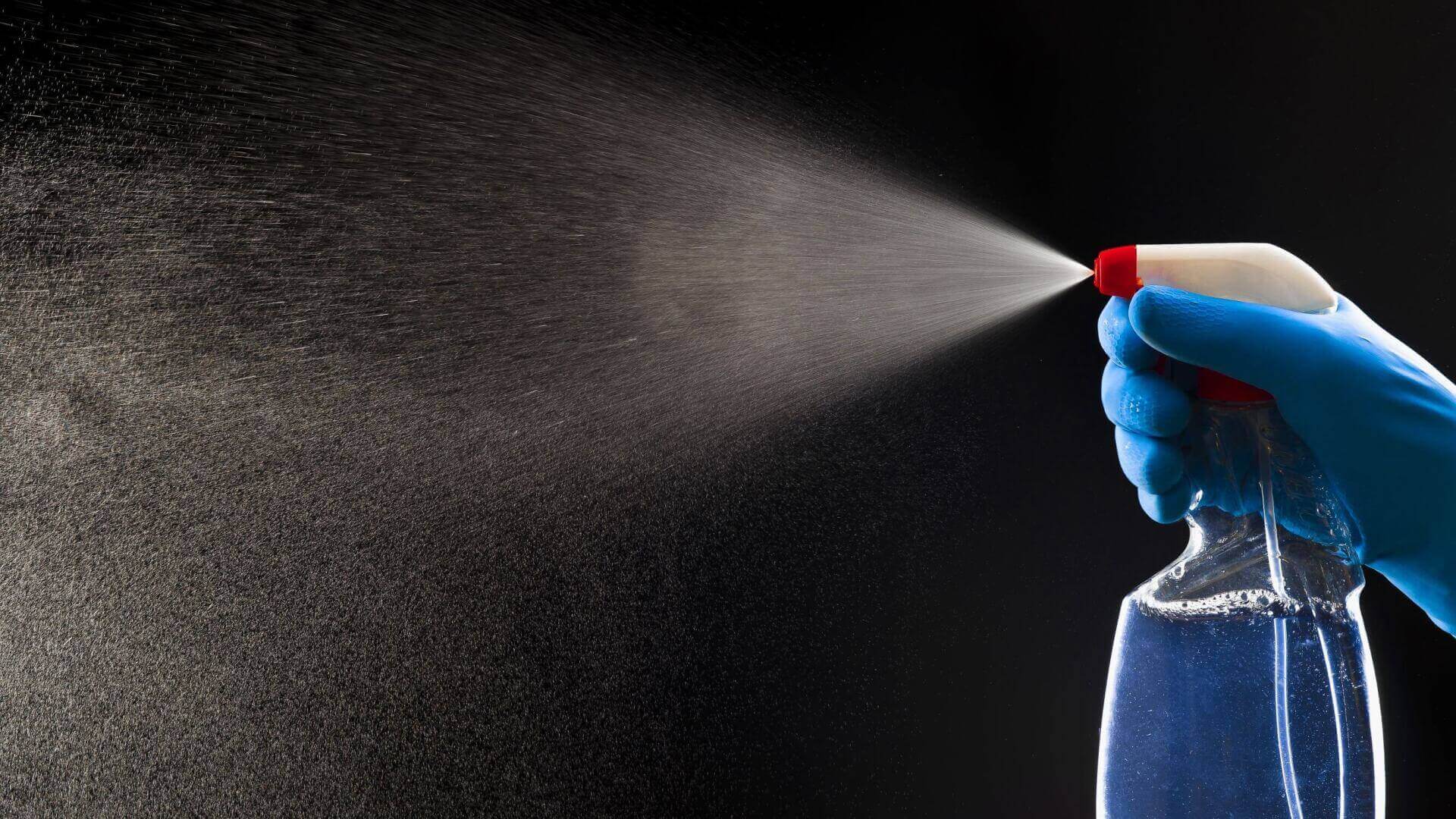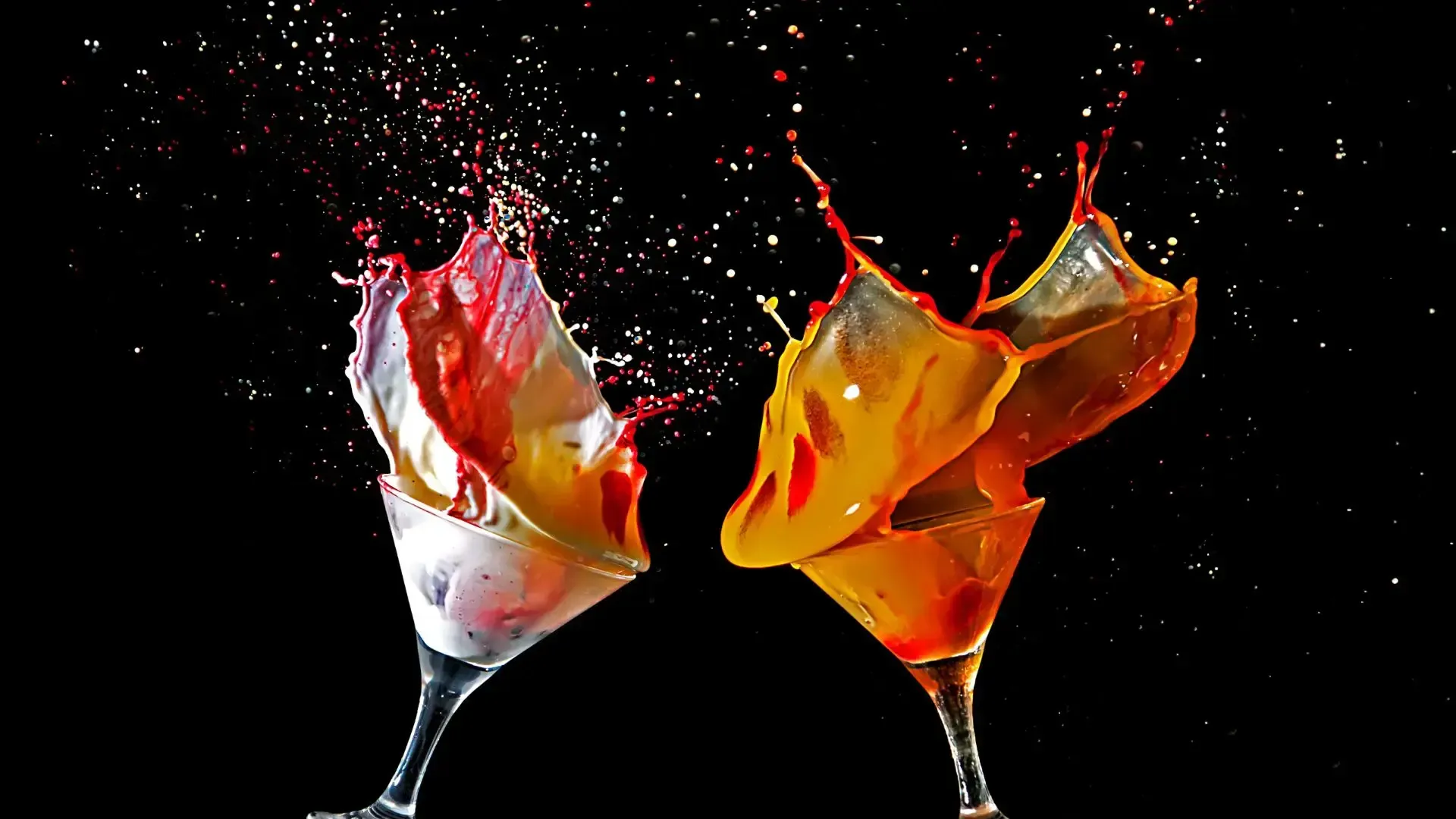The difference between beverage grade ethanol and denatured ethanol
Ethanol, a versatile and widely used alcohol, comes in various forms tailored for specific uses. Two primary types are Beverage Grade Ethanol and Denatured Ethanol. Understanding the differences between these types is crucial for selecting the right product for your needs.
Beverage grade ethanol (potable)
Purity and quality
Beverage Grade Ethanol is specifically crafted for human consumption and is a key ingredient in the production of spirits like gin, vodka, and whiskey. It undergoes rigorous purification processes to remove impurities and ensure a high level of purity. Produced under stringent safety and quality regulations, it meets food-grade standards essential for consumer safety.
This type of ethanol is typically derived from the fermentation of natural sugars found in grains or sugarcane, preserving the natural flavors and characteristics of its source ingredients. The meticulous selection of raw materials and advanced distillation techniques ensure that the ethanol is of the highest quality, making it ideal for creating premium spirits.
Applications
- Spirits Production: Beverage Grade Ethanol is the backbone of high-quality alcoholic beverages. Distilleries rely on its purity and consistency to craft spirits with distinct flavors and smooth finishes.
- Pharmaceutical and Food Industry:
Due to its high purity, this ethanol is sometimes used in medicinal tinctures and food flavorings, ensuring that the final products are safe for consumption.

Denatured ethanol
Composition and additives
Denatured Ethanol, unlike its beverage-grade counterpart, is not intended for consumption. It is ethanol that has been mixed with additives to make it undrinkable, exempting it from beverage taxes. These additives can include methanol, isopropanol, acetone, or other chemicals that render the ethanol toxic and bitter to prevent ingestion.
The production standards for denatured ethanol are different from those of beverage-grade ethanol. While it does not require the same level of purity, it must meet safety standards for its intended industrial and commercial applications.
Applications
- Cleaning and sanitisation: Denatured Ethanol is widely used as a solvent in cleaning products, hand sanitisers, and disinfectants due to its effectiveness in killing germs and bacteria.
- Industrial uses: It is employed in various industrial processes, including as a solvent in paints, coatings, and fuel additives. Its versatility makes it a valuable component in many manufacturing processes.
- Household products: Denatured Ethanol is found in products like window cleaners, cosmetics, and other personal care items where ingestion is not a risk.

Key Differences
Intended Use
- Beverage Grade Ethanol: Safe for human consumption, used in food and drink production.
- Denatured Ethanol: Not safe for consumption, used in industrial, commercial, and household applications.
Purity and Additives
- Beverage Grade Ethanol: Highly pure, free from harmful additives.
- Denatured Ethanol: Contains additives to make it unfit for drinking, often toxic.
Regulatory Standards
- Beverage Grade Ethanol: Subject to stringent food and safety regulations to ensure consumer safety.
- Denatured Ethanol: Must meet safety standards for industrial use but is not held to the same purity standards as beverage-grade ethanol.
Choosing the right type of ethanol depends on its intended application. Beverage Grade Ethanol is essential for producing high-quality spirits and food-grade products, ensuring safety and purity. In contrast, Denatured Ethanol is invaluable for its versatility in industrial and commercial uses, providing an effective solution for cleaning, sanitisation, and various industrial processes. Understanding these distinctions helps ensure that you select the appropriate ethanol for your specific needs. Whether you are a distillery aiming to craft premium spirits or a manufacturer looking for an effective industrial solvent, knowing the differences between these types of ethanol can guide you to make the best choice for your requirements.
Quick links










